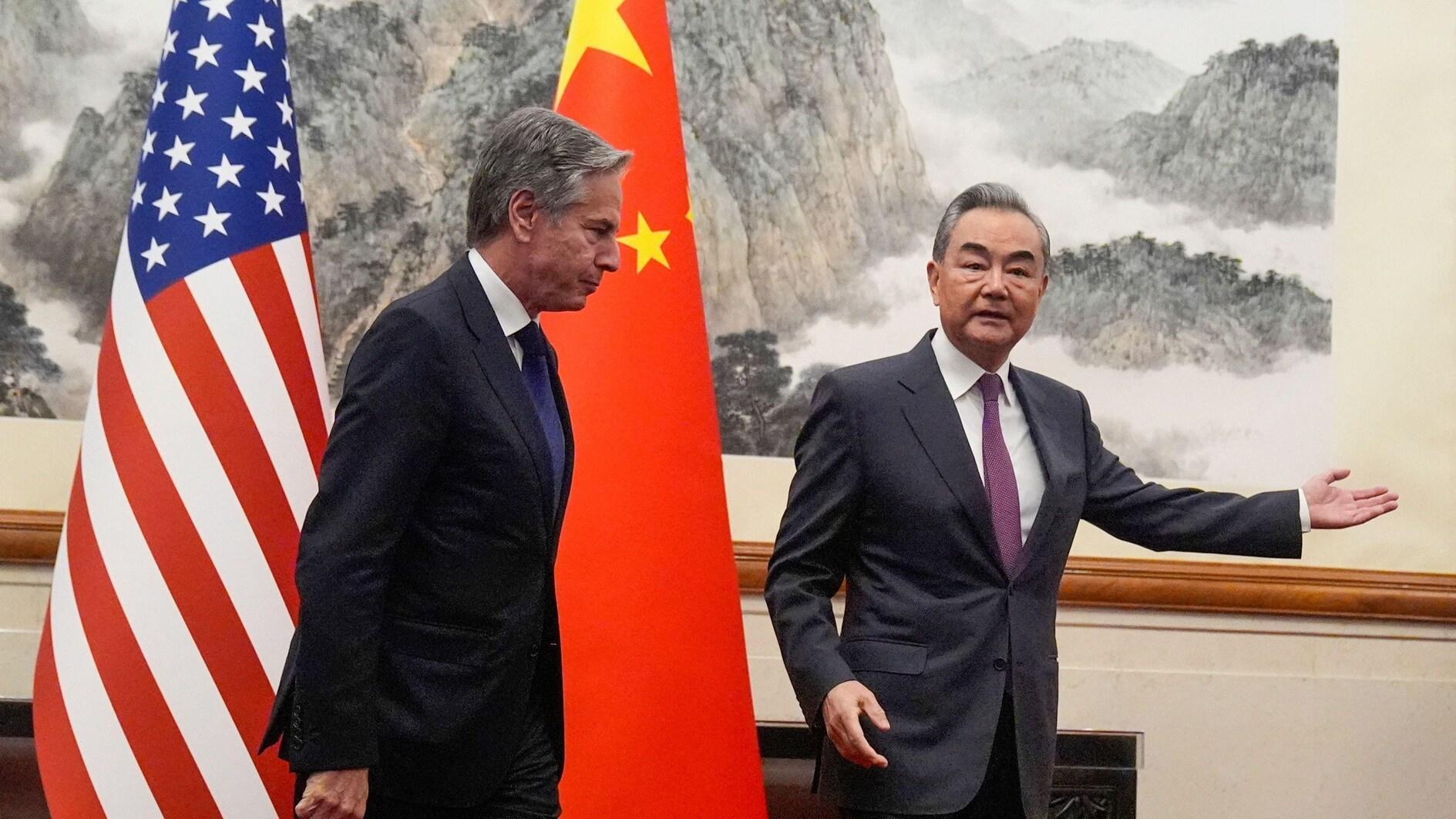Media’s scoop and tragedies
TOM PLATE
Even a mediocre newspaper is no blogThe digital revolution roiling all media in societies plugged into the Internet is having a profound effect. Paper from trees has become the stone tablet of our time, not quite as hefty in weight, of course, but in other respects as cumbersome.
But the effect of the digital revolution is not universally even. Economies that are still rapidly developing will feel it less than those that are more mature. China seems to be launching newspapers or magazines almost weekly. In the US they seem to be folding or changing ownership almost constantly, usually in downward spirals.
Perhaps the digital revolution is in fact hitting hardest here, where the media is accorded a special (indeed Constitutionally-sanctioned) role. The towering importance of the news media in our political system is well known of course - but not often emulated around the world. It’s the rare government that would welcome a media powerful enough to topple it, as The Washington Post helped to do to president Richard Nixon in August 1974.
And so it was not surprising that the sale of the financially troubled Post – the leading newspaper of Washington and one of the leading newspapers of the world – to Amazon.com billionaire Jeff Bezos for a mere $250 million hit many of us Americans hard in the stomach.
While America’s greatest newspaper is The New York Times, still controlled by the Sulzberger family, which deserves the nation’s gratitude for keeping it great, America’s most politically pugnacious paper has been The Washington Post, whose legendary editor – now “vice president at large” – is 91 but, in a manner of speaking, still kicking.
In fact, you should know that I blame Benjamin Bradlee for in effect ruining my life. As a college intern at The Post decades ago, this charismatic and decisive editor filled me with a vision of journalism right out of some windswept romantic novel of good guys fighting bad guys. The result was that I remained a traditional American journalist, in various positions and different institutions, even after it became clear that the future of the media would be overrun by the Bloggers and entertainers and scam artists who know how to best exploit this new technology for profit. How pathetic is it, after all this time, that I am still writing a newspaper column that is intended for publication by participating newspapers. How quaint is that?
But the fact of the matter is my respect for the newspaper medium goes deep: to the way that entire daily package is put together in order to offer us a large picture of the world; and to the overworked and underpaid editors who work diligently to maintain professional quality control. Even a mediocre newspaper is no blog.
But do I think digital media will overtake printed media one day? In the US that is already happening. Twenty years ago the paid circulation of the Los Angeles Times was roughly twice today’s. All over the country newspapers are struggling to remain stable and profitable. Magazine is generally sagging, too: Worthy Newsweek is out of the print business already; Time, while struggling valiantly, is also in trouble.
Only high-end publications and specialty publications will be successful in charging for content online. Some might imaginatively consider expanding their product line; surely the acquiring Bezos will try a different, more expansive approach with The Post. The best strategy for a publication with a fan base whose loyalty is based on the quality of the product is to not reduce product-quality with serial staff reductions and colossal editorial downgrades. A good example of the proper strategy was that of NewsCorporation with The Wall Street Journal, a newspaper that is in better shape now than when the Bancroft family sold it to the Murdochs in 2007. Cutting back on a publication’s capacity for greatness is simply a slow march to the grave.
My trip to China last month was, I must say, an eye-opener. It is true that the editors and journalists are as scared to death by the digital revolution as any of us here in the US. But there is a difference. For starters, China’s economy, thought slowing, continues to expand like a tremendous machine, with the result that an increasingly assertive and moneyed middle class is demanding choice and variety (and a measure of relevance) in its journalism.











